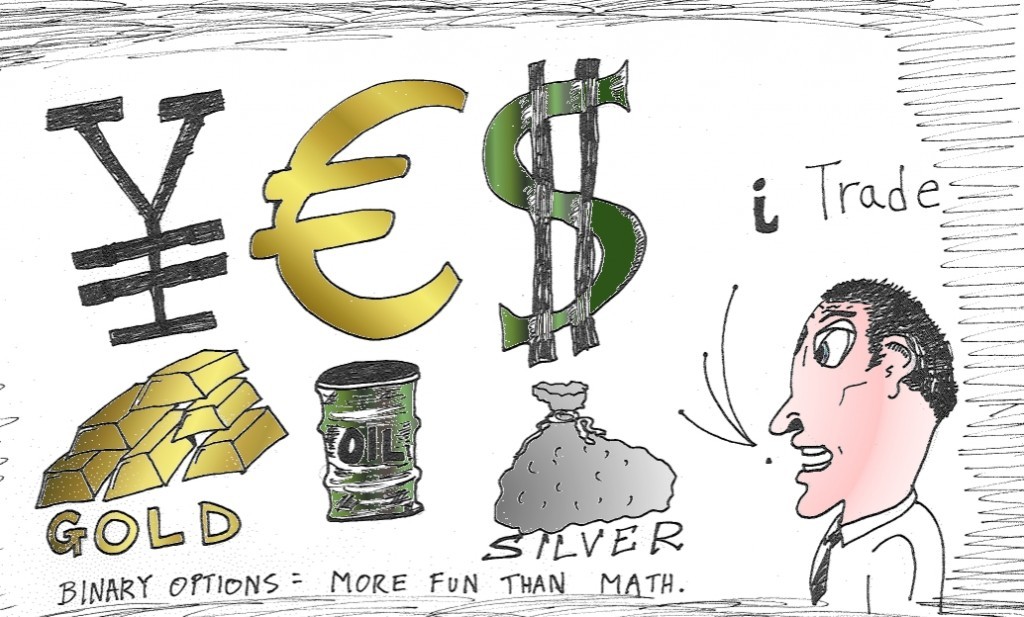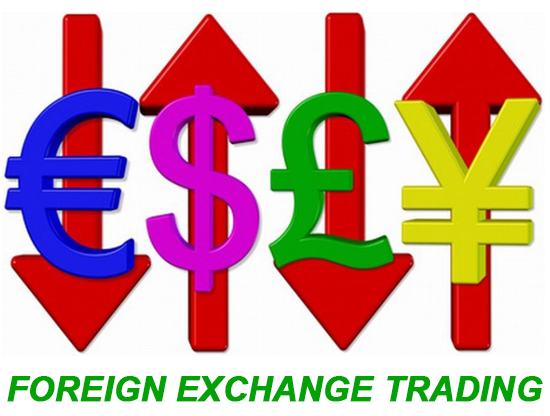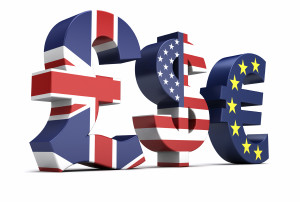 This article will review several signals that indicate that a Binary option’s price is about to fluctuate. There are a number of reasons why movement occurs. It is important to understand why and how this happens, so that you can be more successful as a result.
This article will review several signals that indicate that a Binary option’s price is about to fluctuate. There are a number of reasons why movement occurs. It is important to understand why and how this happens, so that you can be more successful as a result.
If you want to excel while working with binary options, you have to be able to identify trends in the market. This is difficult to do; sometimes you will succeed and sometimes you will not. However, if you understand what signs to watch out for, and you do not mind investing time into the research process, you can earn a lot of money. However, you have to constantly stay involved and up to date if you want to make this happen.
Why Currency Values Change
To start, we will examine some signals that you need to watch for when it comes to currencies. These signals will help you determine if a given currency is going to move in a certain direction.
The currency of a country is going to go in a downward spiral very quickly if there is civil unrest. If the unrest continues for a period of time, the currency will continue to drop, sometimes getting very low. Therefore, it is important to follow world news so that you know when a given country may be in peril. This is a strong indication that the currency will go down.
Politics also impact a country’s currency. If there is an upcoming election, currency will move. However, you do not know for sure that the currency is going to move down. Sometimes, the country’s currency may begin to move upward, because the change in leadership actually helps the finances of a particular country.
Finally, the time of the year has an impact as well. Countries that are known as a vacation destination have a rise in currency when tourism season is in full gear. However, in the off season, the currency typically goes down. As you begin to pair currency options, make sure you think through this phenomenon.
Read more
 While foreign currency trading has the potential to make a lot of money, it also has some inherent risks like other asset classes. This section will take you through various benefits of forex trading as well as various risks associated with it. In addition, we are also going to discuss various differences between equity and forex market to help you understand the inner workings of forex market.
While foreign currency trading has the potential to make a lot of money, it also has some inherent risks like other asset classes. This section will take you through various benefits of forex trading as well as various risks associated with it. In addition, we are also going to discuss various differences between equity and forex market to help you understand the inner workings of forex market. Inside the market of equities, fundamental analysis intends on measuring the true value of a company, in order to base their investment on calculations of this sort. To a certain extent, the same activity is performed in the market of retail Forex were fundamental traders evaluate different currencies and countries, along with companies and economic announcements, in order to have an idea of what’s the true value of the currency.
Inside the market of equities, fundamental analysis intends on measuring the true value of a company, in order to base their investment on calculations of this sort. To a certain extent, the same activity is performed in the market of retail Forex were fundamental traders evaluate different currencies and countries, along with companies and economic announcements, in order to have an idea of what’s the true value of the currency.
